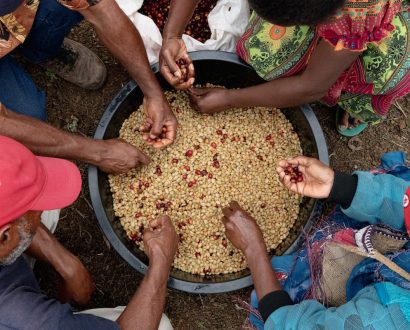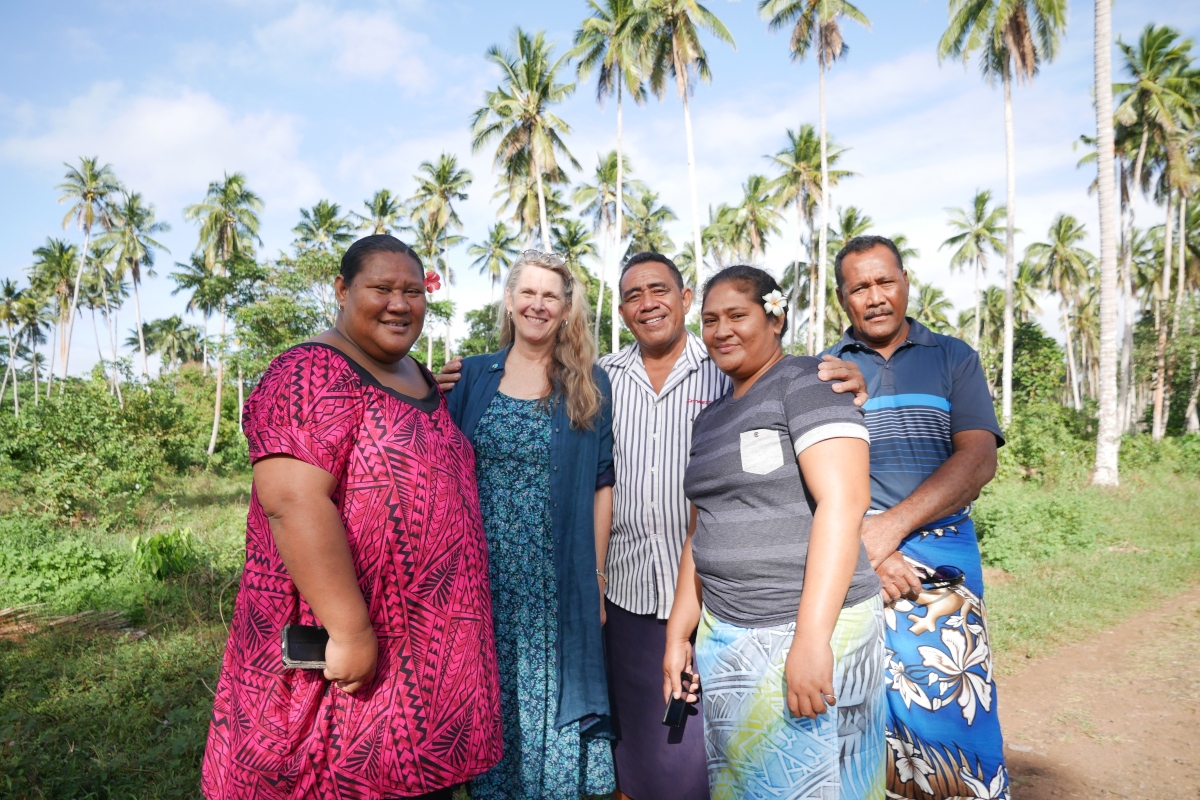Fairtrade Fortnight 2019: ending poverty through ethical and sustainable trade

Each year, Fairtrade Fortnight takes a stand against economic injustice and empowers farmers and workers in developing countries to escape poverty and improve their lives and livelihoods.
Now in its 14th year, the initiative helps drive awareness among Australians regarding the goods they purchase and their power as consumers.
Today, Fairtrade benefits more than 1.6 million farmers and workers across 75 developing countries who work hard to produce coffee, tea, cocoa, cotton, gold and many other products.
Fairtrade Australia & New Zealand is an independent certification body and non-government organisation that licenses the use of the Fairtrade Mark on almost 3,000 products that meet its rigorous social, economic and environmental standards.
"We want people to become familiar with the Fairtrade Mark, which symbolises a farmer working in the field. What people may not know is that this logo stretches far beyond the farmer – it represents their community and family living – and relies on consumers’ support," says Molly Harriss Olson, CEO of Fairtrade Australia and New Zealand.

An internationally recognised leader with more than 30 years’ experience in social and economic sustainability, Molly urges consumers to realise how their purchases can change the lives of people halfway around the world.
Between August 2–15, Fairtrade Australia partnered with retailers such as Woolworths, Aldi, Grinders Coffee, Ben & Jerry’s, Fair Spirits, Bennetts coffee traders and more. Together, they launched events across the country to drive national awareness of global working conditions.
"This year, we had a special focus on promoting Fairtrade workplaces. We worked with businesses, including NAB and KPMG, to ensure that their own canteens are stocking Fairtrade tea, coffee and cocoa products," Molly explains. "They’re also educating their employees about the importance of Fairtrade."
Molly says modern slavery is one of the greatest factors impacting global supply chains. Globally, slavery generates as much as US$150 billion in profits every year, more than a third of which is generated in developed countries.
"Modern slavery in Asia and the Pacific region represents a massive 62% of the global total, so transforming supply chains in our part of the world is particularly important," she explains.
"Businesses have an opportunity to be a force of good in the world, but only if they’re conducting themselves in a way that is transparent, accountable and sustainable in the long-term."
Looking ahead, Molly is encouraged by society’s growing interest in ethical sourcing and supply chain transparency.
"You can bet that the companies that make sustainability a priority will still be around in 30 years – compared to the ones who collapsed because they didn’t address issues in their supply chain," she says.
Over the past five years, Fairtrade’s retail sales into Australia and New Zealand have continued to grow – and it's an upward trajectory Molly is determined to continue.
"We won’t achieve a sustainable world until the vast majority of goods are traded under a system like Fairtrade. At present, we’re the only system that is scaled globally and has the capability to bring about this kind of transformation," she explains.
"So, we’re very keen to engage more organisations across Australia and New Zealand to address these issues and ensure integrity and transparency throughout their supply chain – with the end goal of transforming trade globally.
"We are poised to make a huge difference in the lives of people living in developing countries who need support to achieve a sustainable livelihood. For me, getting up in the morning means knowing that I’m contributing to a better world that’s more sustainable in every way – it’s a great privilege."
Read next: PepTalkHer’s Meggie Palmer is on a mission to close the gender pay gap